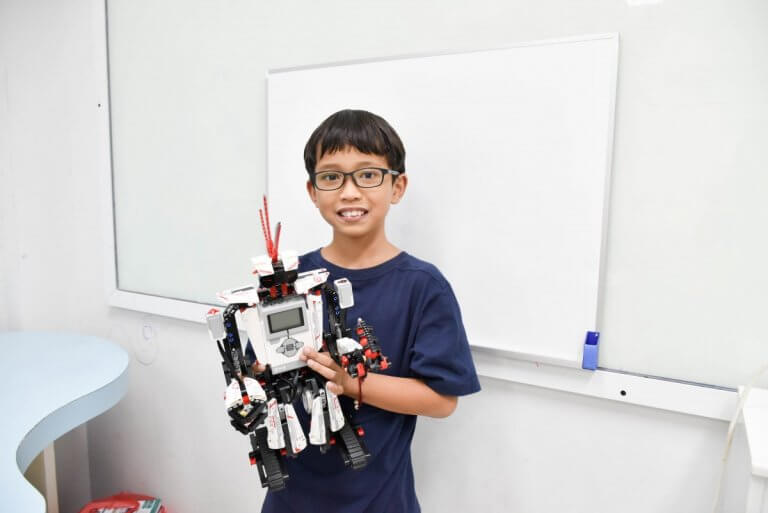
As countries grapple with shortages of skilled workers in fields such as science and engineering, as well as tackling problems with youth unemployment, many are exploring other forms of education to address these issues.
Technology colleges in Japan, following a curriculum known as Kosen, are seen by some as a meaningful way to prepare students for the workplace.
Students can enrol in the five-year engineering programme at the age of 15. Upon successful completion, students graduate with the equivalent of an associate degree. Following this, students can choose to attend a two-year advanced course and graduate with the equivalent of a bachelor’s degree.
Andreas Schleicher, Director and OECD Directorate for Education and Skills, notes that Kosen schools are unique as they blend classroom-based and hands-on, project-based learning.
“At Kosen schools, learning is both cross-curricular and student-centred, and teachers are mainly coaches, mentors, facilitators and evaluators. This is not one of those contrived, one-week projects that have now become quite fashionable in many schools around the world; on the contrary, Kosen students will typically work for several years on developing and realising their big ideas,” he said.
In Japan’s project-based Kosen schools, students will typically spend years working to bring their ideas to life. 💡
🇯🇵 Read more about this unique system in @SchleicherOECD’s blog post ➡️ https://t.co/fYAVc4kRnJ pic.twitter.com/bn33CfXpgW
— OECD Education (@OECDEduSkills) August 22, 2018
He added that some 40 percent of graduates will continue studying at university, and those who choose to enter the labour market directly can expect an average of 20 job offers as Japan’s most sought-after innovators and engineers.
“While the number of students entering Kosen colleges is just one percent of all Japanese students, the programme is growing, and now students compete for each spot.”
Schleicher added that unlike most other school projects, the work of Kosen students typically ends up in an incubator, eventually finding its way to market as one of Japan’s many innovations.
Kosen students study a balance of liberal arts and technical or scientific studies. The National Institute of Technology (NIT) manages the 51 Kosen schools in Japan.
Its president, Isao Taniguchi, said engineering plays a crucial role in local, national and global societies. Engineers are vital to society and they need to be highly educated, not just in science and technology but also in social sciences, including ethics.
Nikkei Asian Review reported that countries such as Thailand and Mongolia are “embracing” Kosen schools. Kosen schools are collaborating with technical colleges in Thailand to teach students certain STEM-based subjects.
Speaking to the Nikkei Asian Review, Surapun Junsavut, a 36-year-old teacher at Chonburi Technical College who attended a training course for Thai Kosen teachers, said he was struck by the different approach of Japanese and Thai teaching, adding that Japanese methods are more practice-driven, and the Kosen programme places great importance on practical training.
The report noted that: “In Thailand, the hope for Kosen is that the schools help keep the country’s economy from losing steam.”
Liked this? Then you’ll love…
These video games may help students develop graduate skills
Apprenticeship 101: A guide on pursuing an apprenticeship in England







